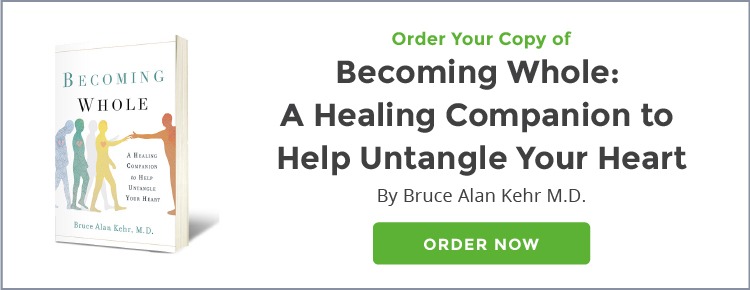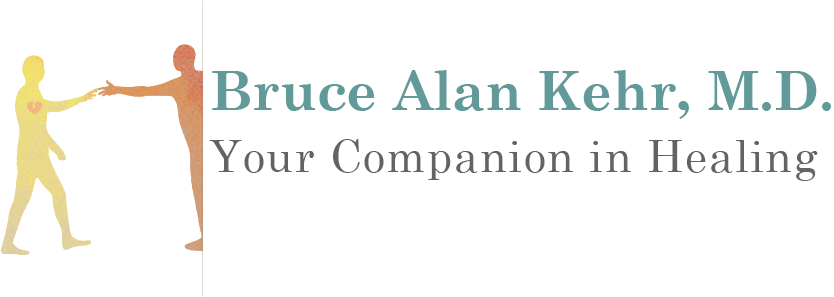Has someone you love recently been diagnosed with Alzheimer’s Disease? Have you been caring for someone with Alzheimer’s for some time and feel overwhelmed? This blog will help you better understand Alzheimer’s Disease and its stages, and will provide helpful tips on locating outside resources and avoiding caregiver burnout.
What is Alzheimer’s Disease?
I’ve discussed the definition, signs, and symptoms of Alzheimer’s in an earlier blog, but let me provide you with a recap. In Alzheimer’s disease, brain cells (called neurons) progressively degenerate and die in large numbers, causing a steady decline in memory and mental function.[i] Unfortunately, over time this relentless disease becomes fatal. Alzheimer’s Disease is the sixth leading cause of death in the U.S.[ii] and affects “cognitive function”- or your thinking skills. This includes your ability to remember abstract thinking (such as properly managing one’s finances), and exercise good judgement and decision-making skills. It also affects mood and behavior. As these changes take place with someone you love, it can be very hard to observe and deal with emotionally. However, there are steps you can take to provide the best care and lighten your load as a caregiver.
Understanding the Stages of Alzheimer’s
Now that we have a definition, let’s review the stages of Alzheimer’s and how it progresses over time. Alzheimer’s disease is divided into three stages: mild (early-stage), moderate (middle-stage), and severe (late-stage). Since Alzheimer’s disease affects people in a myriad of different ways, each person will experience symptoms – or progress through Alzheimer’s stages- in their own unique way.[iii]
Mild (Early Stage)
In the early stages of Alzheimer’s, a person may still be able drive and work. Usually, they can maintain their independence and do not require a caregiver’s support. However, friends and family will begin to notice some cognitive problems. These include:
- Problems coming up with the right word or name
- Trouble remembering names when introduced to new people
- Having greater difficulty performing tasks in social or work settings
- Forgetting material that one has just read
- Losing or misplacing important objects
- Increasing trouble with planning or organizing[iv]
Moderate (Middle Stage)
A loved one in the Moderate Stage typically requires supportive care. They have increased trouble with communicating their needs and thoughts, performing daily tasks, and memory problems become even more prominent. These include:
- Forgetting events from the past
- Feeling moody and isolating oneself from friends and family
- Forgetting one’s address or phone number
- Confusion about where they are or what they are doing
- Trouble controlling one’s bladder and/or bowels
- Becoming confused or agitated in the late afternoon, commonly referred to as “sundowning”
- At risk to wander and become lost
- Personality changes such as suspiciousness and paranoid delusions
- Compulsive behaviors such as hand-wringing or tissue shredding[v]
Severe (Late Stage)
In the final stage of Alzheimer’s, one loses the ability to independently carry out daily activities and suffers from significant cognitive impairments. Those in this stage of the disease require full-time care. This can be the most difficult stage for the caregiver, and active consideration of a full-time nurse or placement in a long-term care facility may be best for everyone.
This stage is also characterized by a loss of physical abilities such as walking, swallowing, and bladder and bowel control. There is an inability to bathe and dress without assistance. Awareness of recent events and one’s surroundings will be lost. Even the immune system will become weakened, making them more susceptible to infections such as pneumonia and the flu. It is highly recommended during this stage that the caregiver seek outside supportive care as the burden will become too great for one to take on alone. Find more information on local senior housing and in-home care services by using Caring Village’s free directories.
Tips and Resources for Providing Care along the Way
The following tips and resources can help caregivers manage the care of a loved one diagnosed with Alzheimer’s disease.
Tips:
- Communicate: Ensure you listen closely to your loved one’s needs and desires for assistance. It may be hard for them to communicate their feelings, so extra time and care is needed. Remember, “patience is a virtue.”
- Beware of Isolation: Keep your loved one involved in activities that they enjoy and can do easily. Stop over their house and invite a friend or two if possible. Make dinner or just relax and socialize. Socialization and intellectual stimulation delay disease progression.
- Check in for Daily Task Activities: Call every morning (if possible) to review the day’s planned activities and appointments.
- Plan for the Future: In the early stages, you should discuss how your loved would like their medical and financial affairs handled, and by whom, when they are no longer able. Consider downloading Caring Village’s FREE Financial, Legal, and Estate Planning Checklist for more information.
- Seek Professional and Community Support: I have listed some resources below, but you may want to check with a local community center for programs for seniors, ask for suggestions from your primary care doctor or psychiatrist, and search on the Internet for an online support group until you find one that feels like a good fit. Find out more information on locating caregiver resources in your area here.
- Occupational Therapy: Occupational Therapists are focused on helping your loved one with their activities of daily living (ADLs).
- A Centralized Message Board Calendar – This area will help your loved one retain orientation information, such as the day of the week, date, month, and year. It also reminds them of the day’s events, events from the past few days, and upcoming events. It can include important reminders, such as “take your morning meds at 9 AM”, “take a bath”, “breakfast is in the pink container in the refrigerator”, “walk on treadmill for 30 minutes”, and “mail phone bill’” to allow the patient to maintain some semblance of independence and self-worth as a contributor to the family.
- Use Smart Phone Technology – Set helpful reminders with audible and/or vibratory alarms that remind your loved one to eat, take medications, and keep appointments. These devices can be worn on a strap around the neck to prevent patients from misplacing them.
- Consider getting a GPS tracker – In mid or late stages of Alzheimer’s you may want to purchase a GPS tracker to bring you peace of mind knowing where your loved one is at all times. Check out Caring Village’s list of the top 10 products to track your loved one’s location here.
- Daily Exercise: Regular exercise, like regular social activity, can delay the progression of the disease. Here is some additional information on how to ensure they exercise safely.
Suggested Resources
- For a comprehensive consumer website about Alzheimer’s, visit alz.org. They also have support groups you can join.
- For a respected medical site on Alzheimer’s disease visit mayoclinic.org and search under “Alzheimer’s.”
- For more scientific information and research studies enter keywords related to Alzheimer’s here:ncbi.nlm.nih.gov/pubmed.
- Take advantage of Caring Village’s free mobile “caregiving organizer” app. Create a village for your loved one here and eliminate stress while gaining peace of mind.
[i] Mayo Clinic Website: Patient Care & Health Information: Diseases & Conditions: Alzheimer’s disease. Accessed at: https://www.mayoclinic.org/diseases-conditions/alzheimers-disease/home/ovc-20167098 on February 9, 2017.
[ii] Centers for Disease Control and Prevention. National Center for Health Statistics. Alzheimer’s Disease. Accessed at: https://www.cdc.gov/nchs/fastats/alzheimers.htm on February 9, 2017.
[iii] Stages of Alzheimer’s. Alzheimer’s Association website. Accessed at: https://www.alz.org/alzheimers_disease_stages_of_alzheimers.asp on February 9, 2017
[iv] Ibid. [Mild: Early Stage: bulleted list]
For more information, including how you can order the Build Yourself a Healthier Brain mini-book,click here.
A Tip to Untangle Your Brain™
Disclaimer ©2017 Untangle Your Life, LLC




